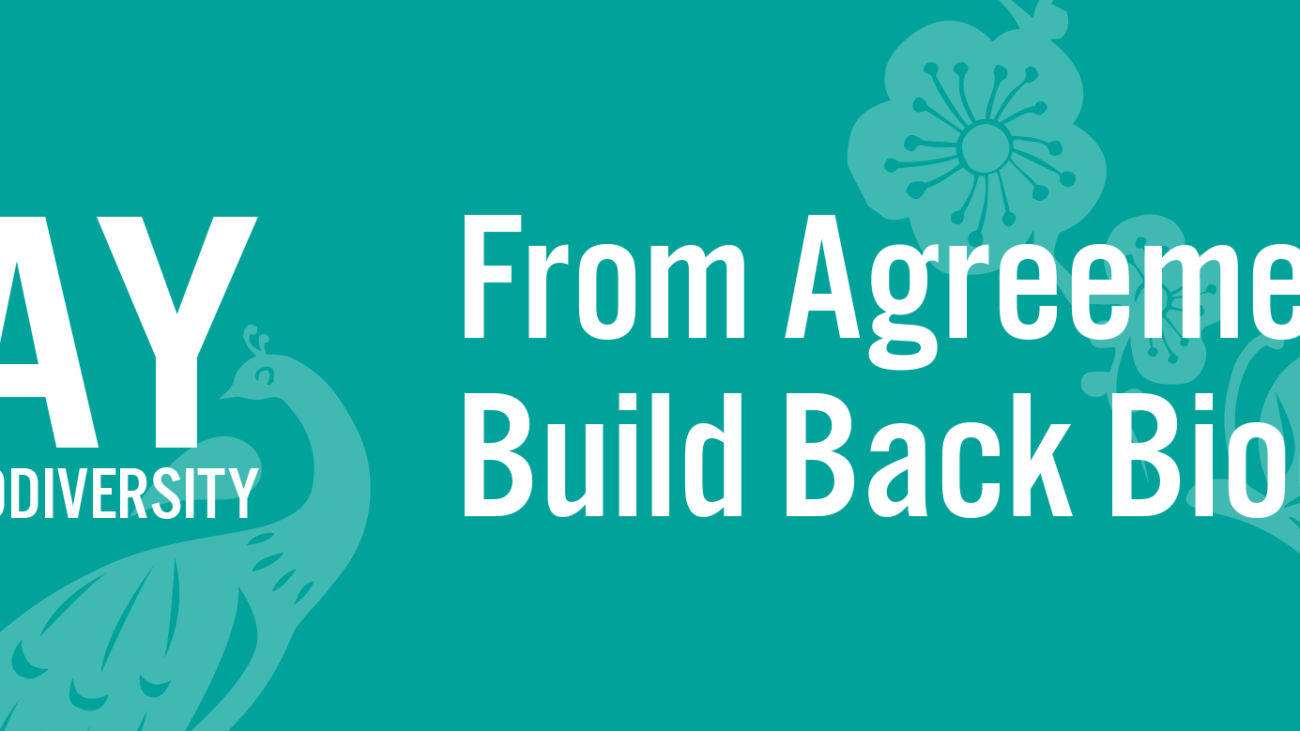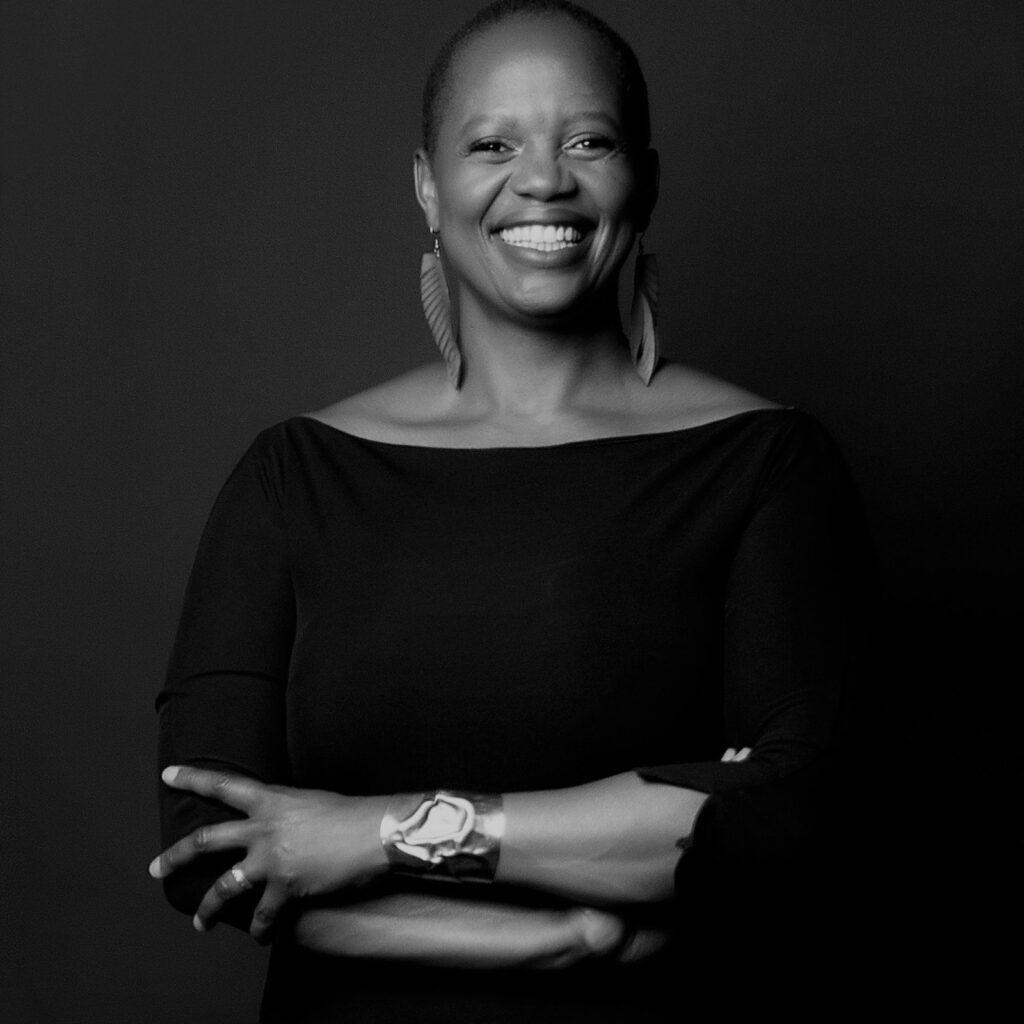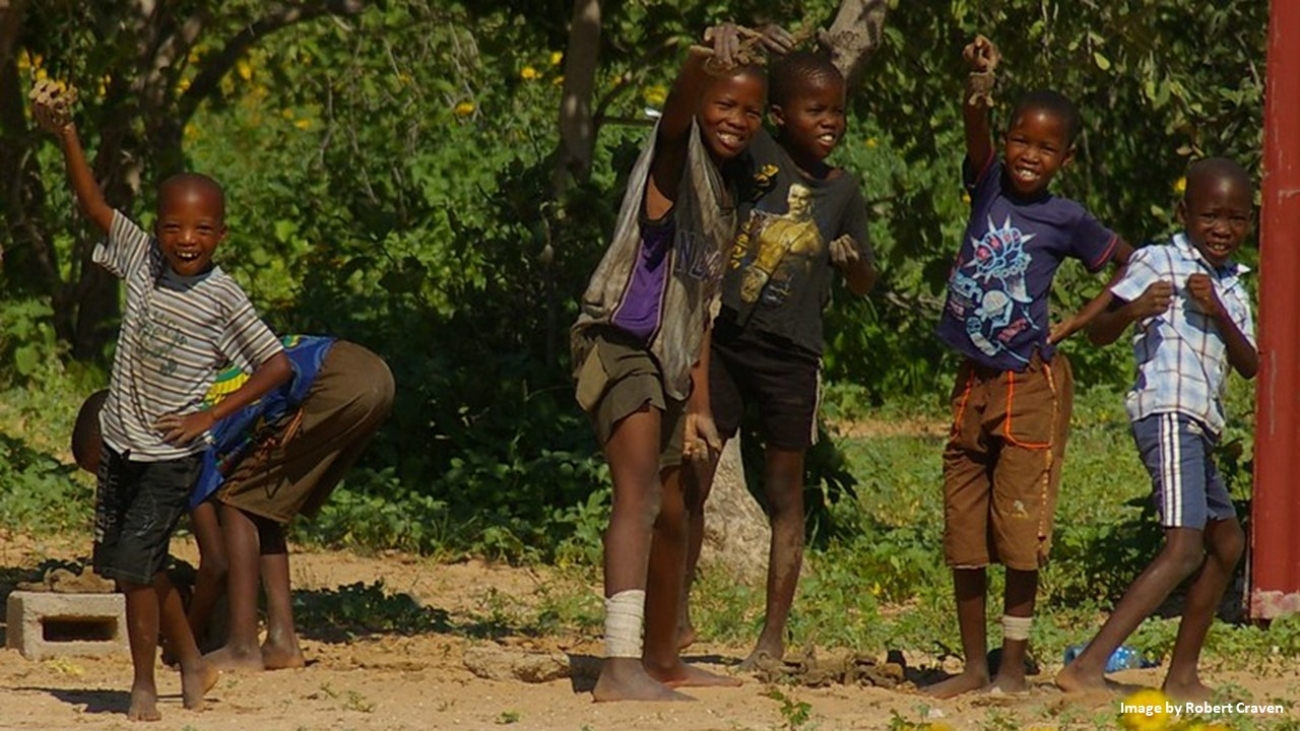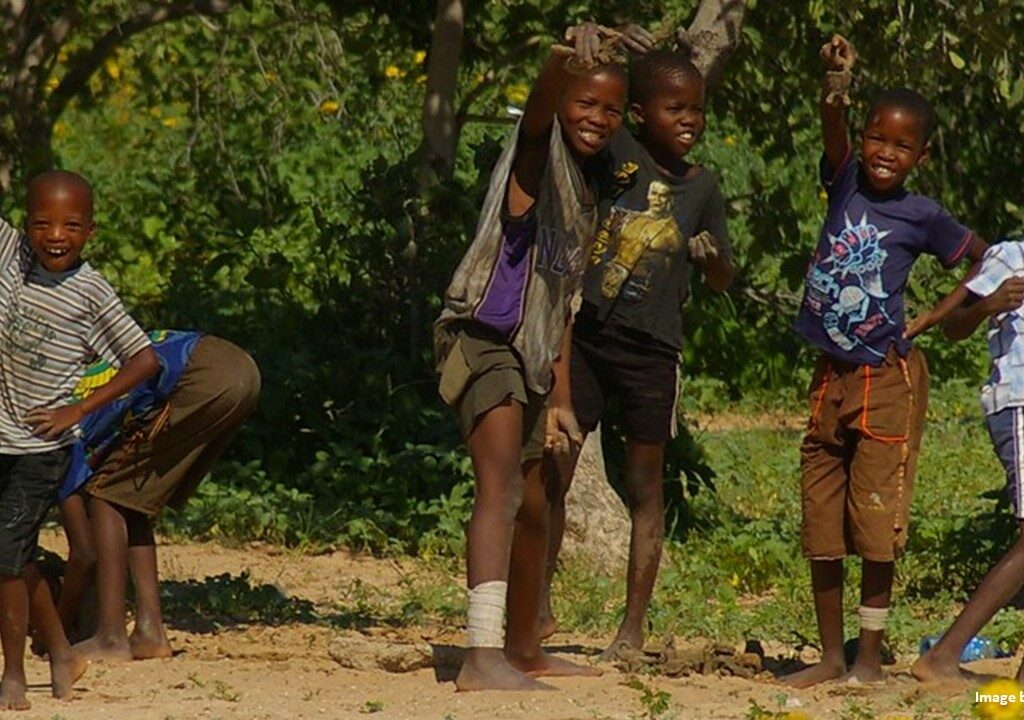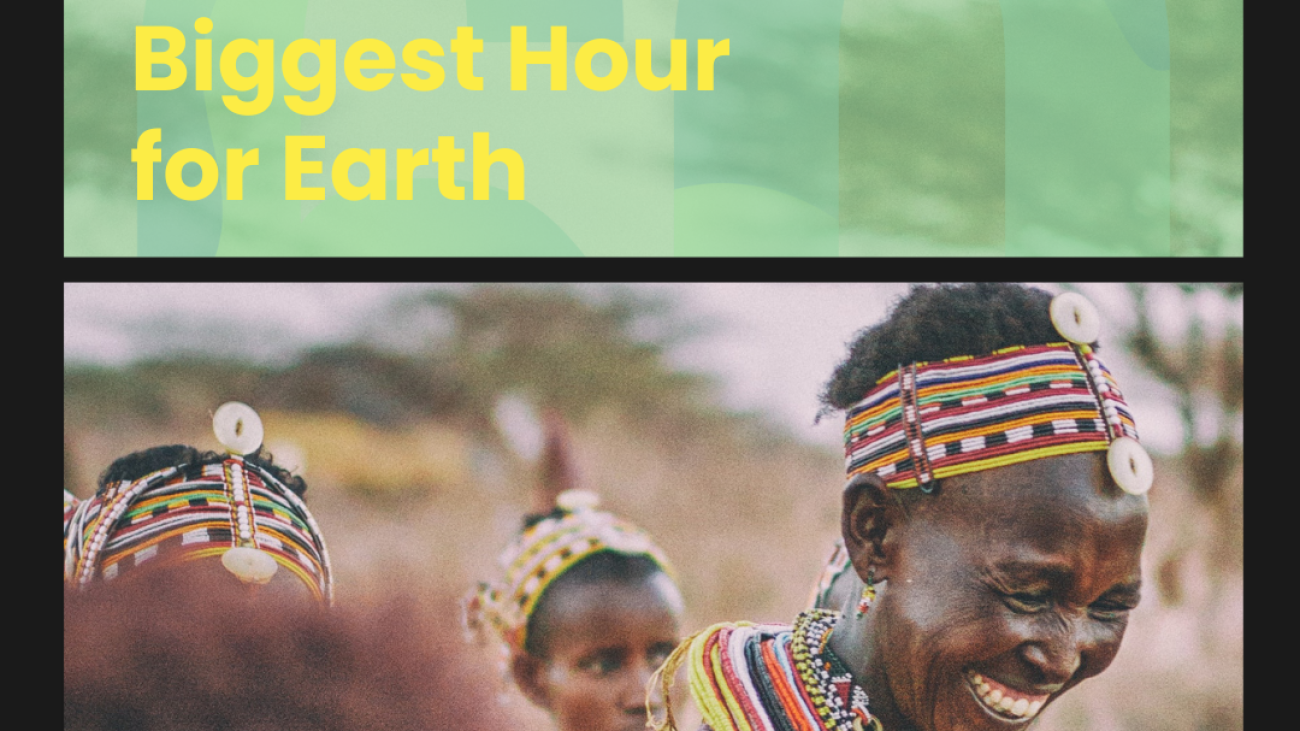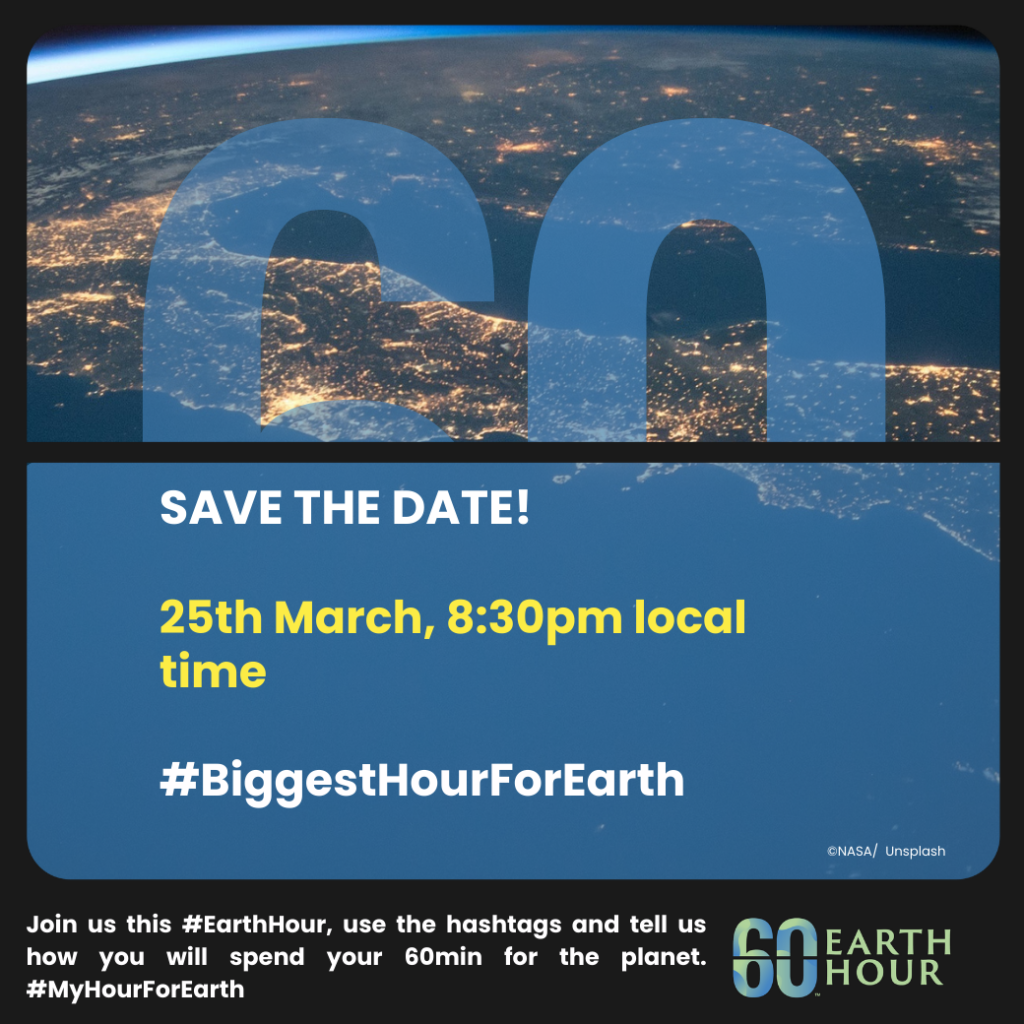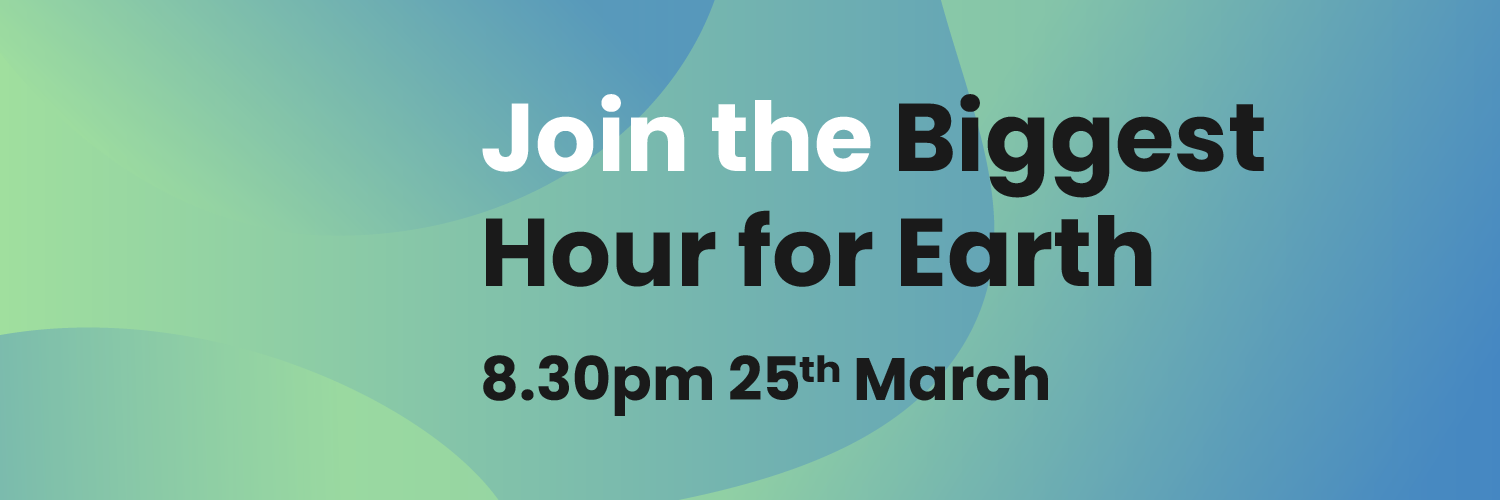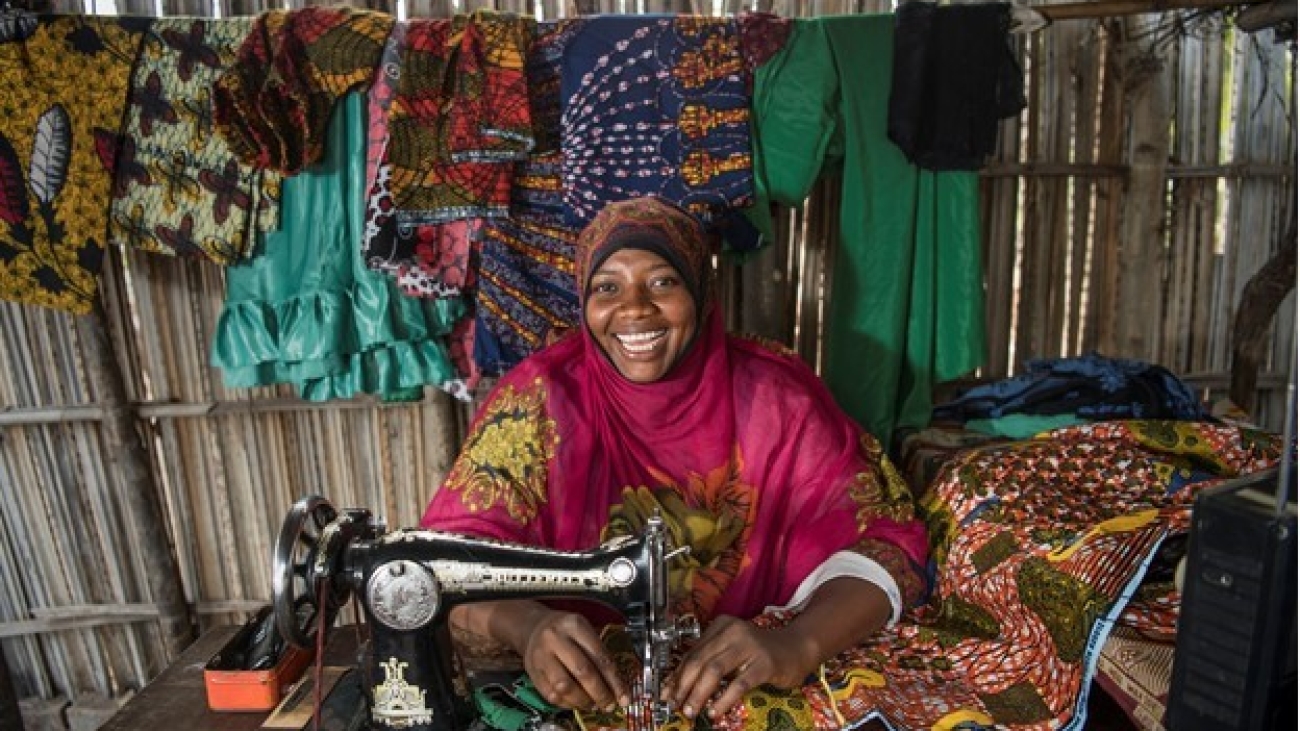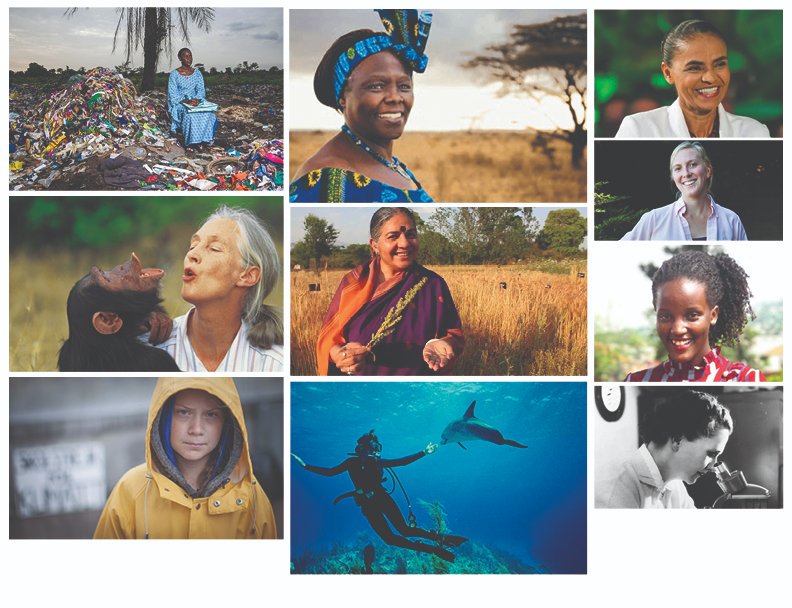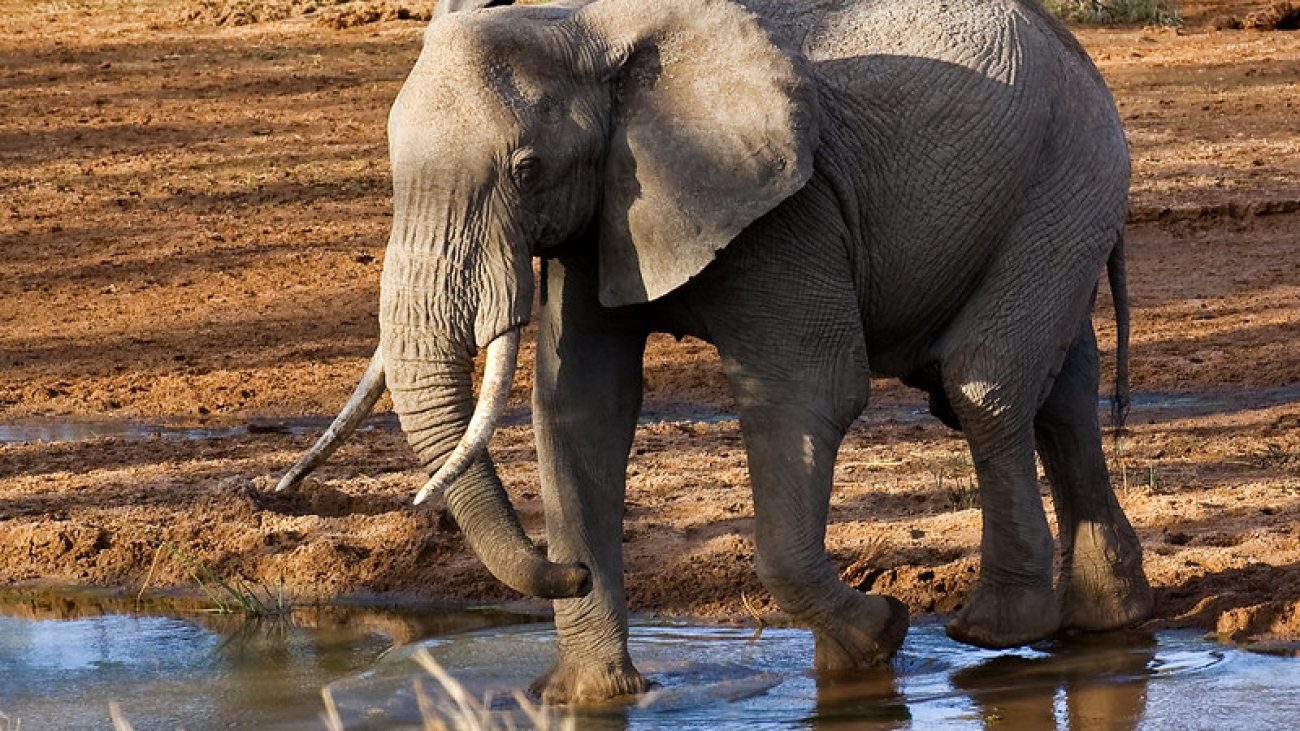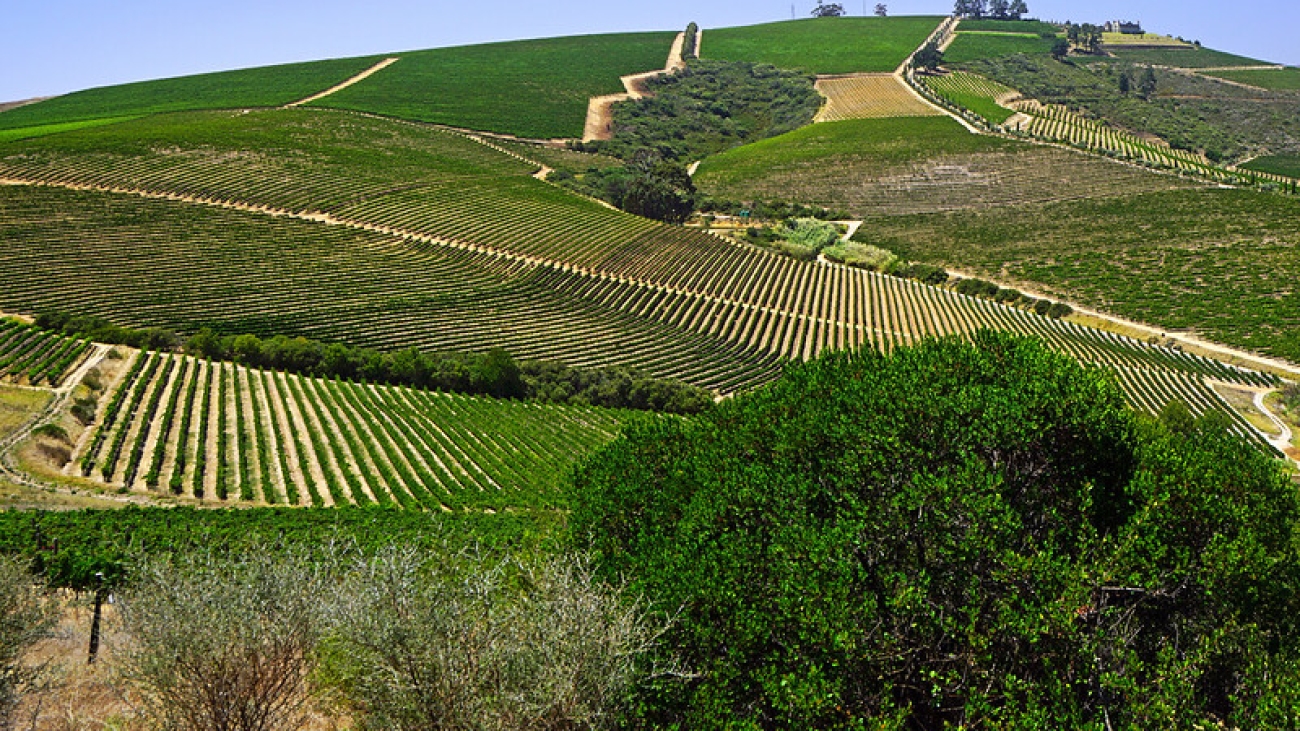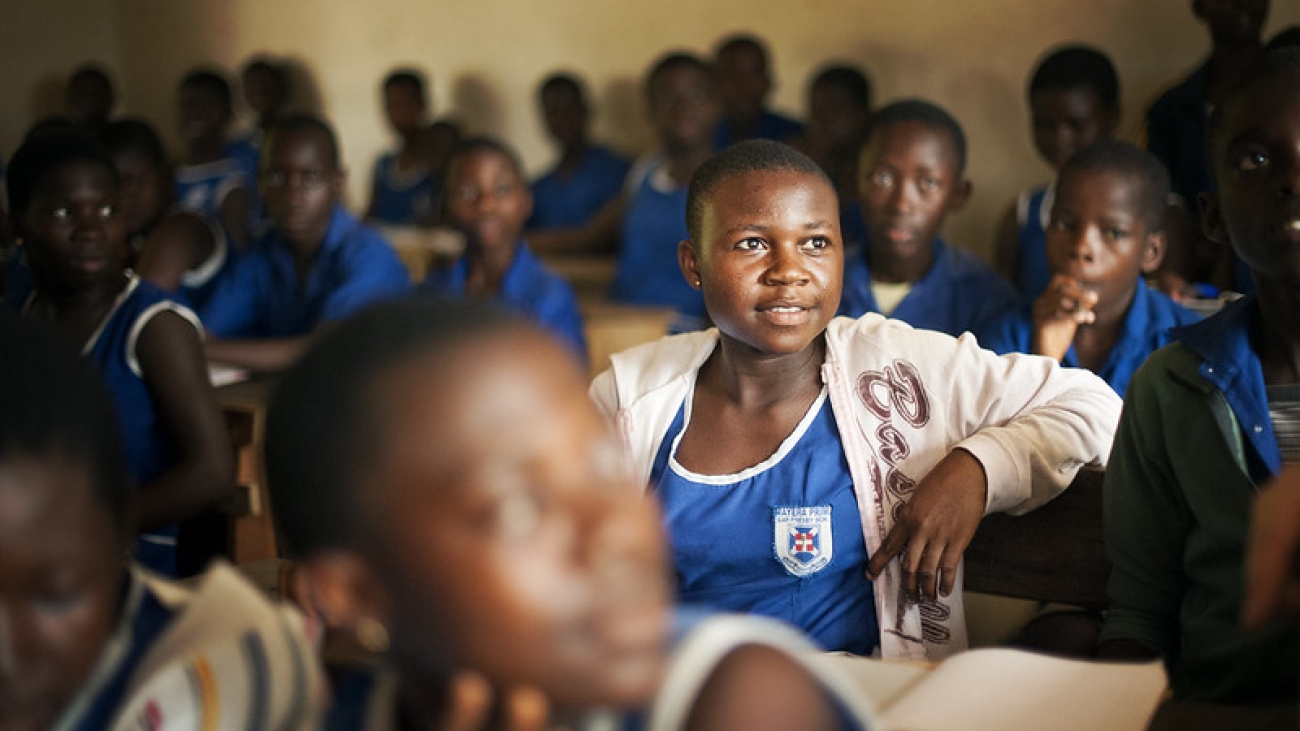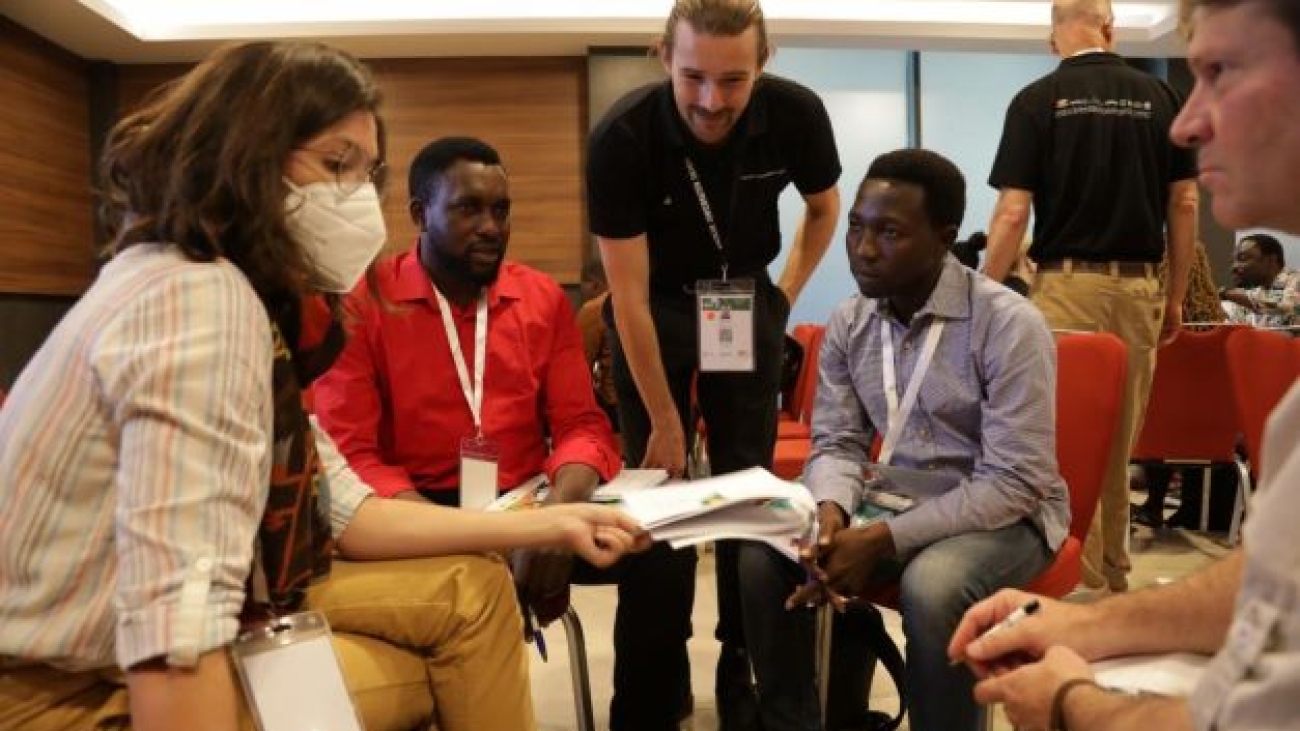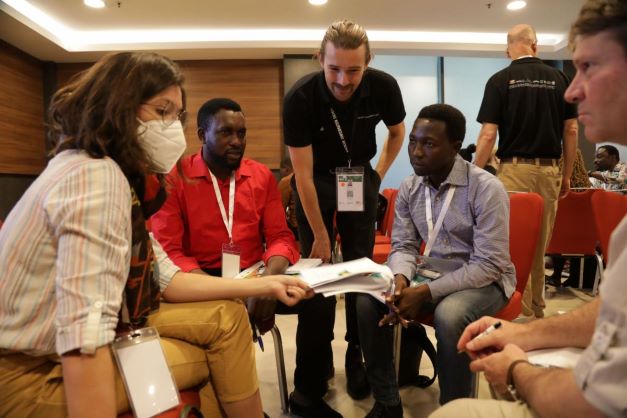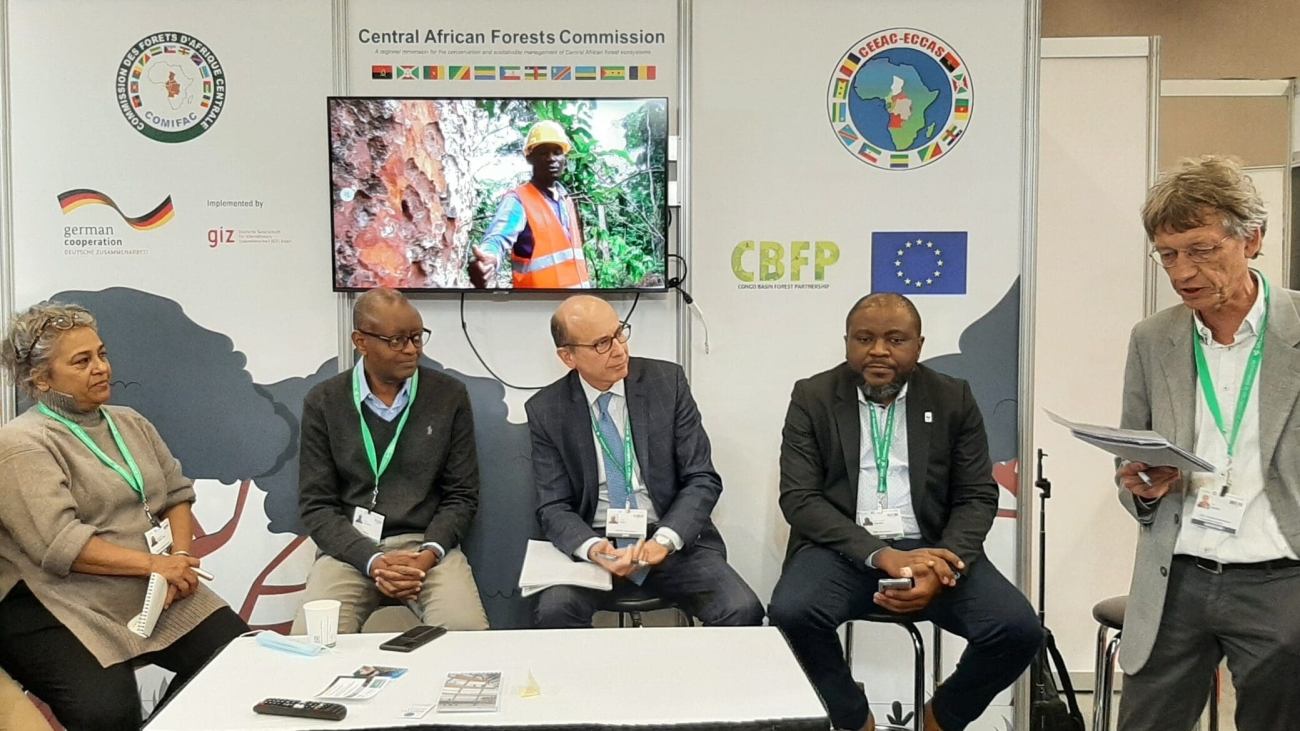There is no denying that our weather partners have evolved significantly since a decade ago. Long-term use of fossil fuels such as coal, oil, and gas has been by far the most significant contributor to these changes, accounting for more than 75% of global greenhouse gas emissions and nearly 90% of total carbon dioxide emissions. According to scientists, greenhouse gas emissions blanket the earth, trapping the sun’s heat and causing global warming and climate change.
The world is currently warming faster than at any other time in recorded history. Warmer temperatures are changing weather patterns and disrupting nature’s normal balance. This poses numerous dangers to humans and all other forms of life on Earth. This incredible phenomenon is known as climate change. Its effects can be felt in every African village and country. Communities all over the world are struggling to cope with its effects, which include higher temperatures, severe storms, increased droughts, food insecurity, poverty, and displacement.
Although Africa is estimated to be responsible for 3% of global greenhouse gas emissions, it is most vulnerable to the effects of climate change. In this regard, African governments and organizations must urgently develop solutions that address and mitigate the effects of climate change.
This podcast episode focuses on research conducted in sub-Saharan African countries by the Africa Biodiversity Collaborative Group (ABCG) to better understand how communities are adapting to climate change and its effects on biodiversity. Research findings revealed that among the most common climatic changes were decreased rainfall, seasonal changes, drought, and heatwaves. ABCG together with local partners implemented pilot projects such as rainwater harvesting, restoring water pans, improved irrigation, solar powered borehole pumps, clean cookstoves, reforestation, and providing training and materials for alternative livelihoods to help communities adapt to climate change.
Listen to this episode. Turn Down the Heat
Listen to the past episodes of the podcast
Episode 1: The seed savers. Listen here
Episode 2: Dreams from our fathers. Listen here
Episode 3: ChangeMakers. Listen here
Episode 4: Guardians of the land. Listen here
Listen to all episodes here
BREATHE is a podcast series looking to have illuminating discussions around conservation by highlighting the work of individuals and organizations across Africa who are changing the planet for the better one day at a time.

